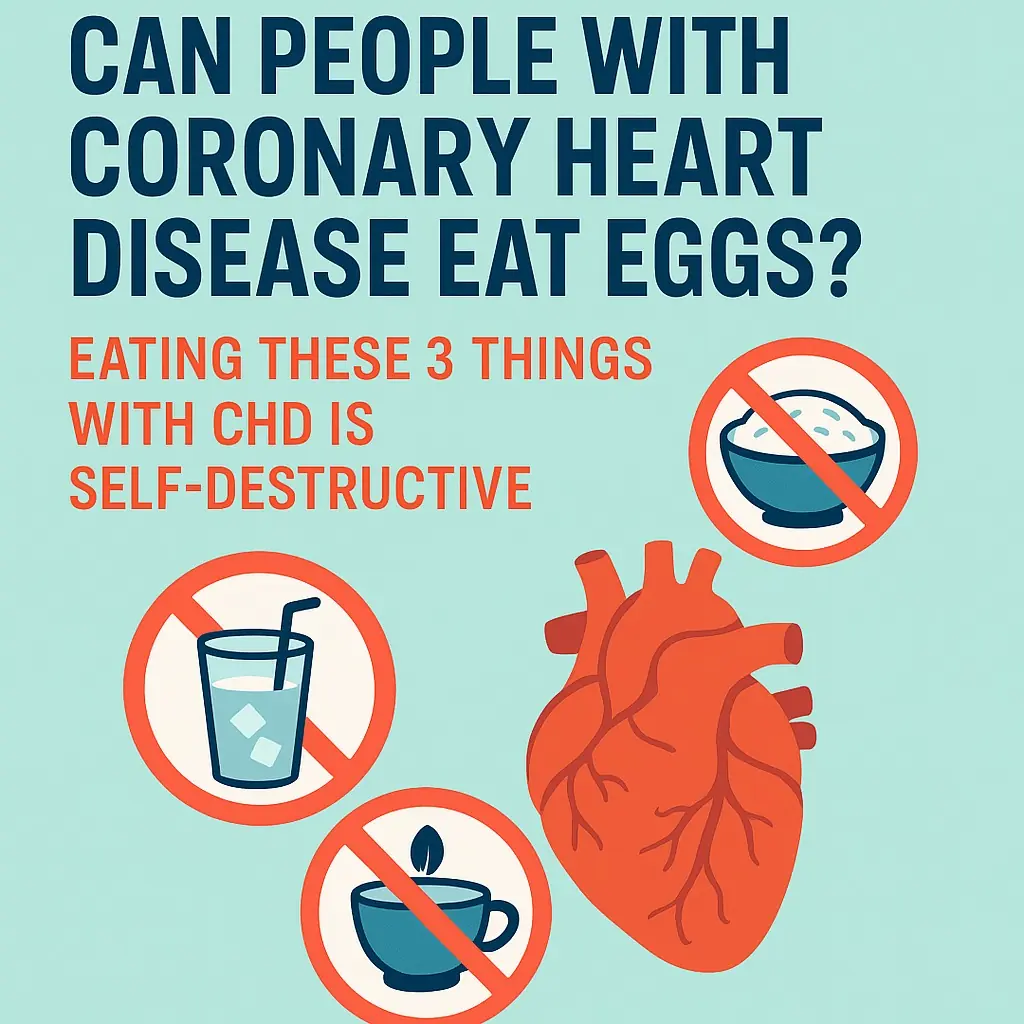
Can Taking One Aspirin a Day Prevent Cardiovascular Disease? A Japanese Study Offers an Answer
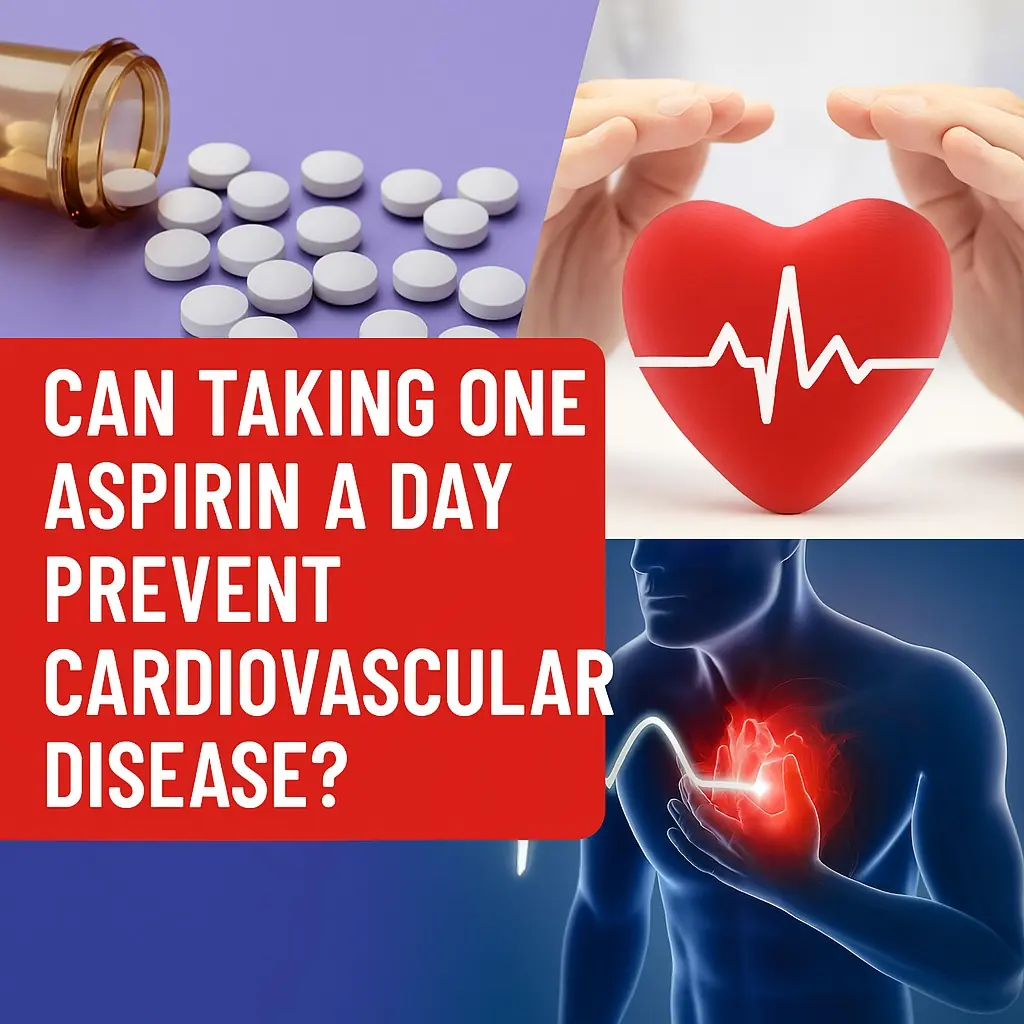
Aspirin is a commonly used medication in daily life, known for its powerful effects and often referred to as the “cure-all” in the pharmaceutical world. Some have described aspirin as "a medicine that treats illness when you're sick and prevents illness when you're not."
Based on the belief that “medicine can prevent disease even when you're healthy,” many health advocates have promoted the idea that aspirin has significant benefits in preventing cardiovascular and cerebrovascular diseases. They claim that taking one tablet daily can repair damaged blood vessels and flush out toxins—especially beneficial for middle-aged and elderly people.
According to the latest research data, more and more people are misusing aspirin. This stems from the belief that taking a daily aspirin can lower the risk of cardiovascular and cerebrovascular disease. However, even though aspirin is a drug, it still carries side effects. Medications should not be taken arbitrarily.
If you’re considering taking aspirin, always consult a doctor first and follow proper usage guidelines to ensure safe and effective use. Incorrect usage can lead to negative effects on the body and may even trigger other health problems.
01
Can Taking One Aspirin a Day Prevent Cardiovascular Disease? A Japanese Study Responds
Aspirin is a commonly used antiplatelet drug in clinical settings. Studies show it effectively prevents the formation of arterial blood clots, significantly reducing the risk of heart attacks, strokes, and other cardiovascular events.
Aspirin has been used in clinical practice for nearly a century. When unstable plaque in an artery ruptures, it activates platelets, leading to clot formation and resulting in heart attacks or strokes. Taking aspirin orally can inhibit platelet aggregation and significantly reduce these risks.
But does taking one aspirin a day truly prevent cardiovascular and cerebrovascular disease? Japan, with its advanced medical research, has long studied this question. In 2014, a prominent prevention program in Japan called JPPP released a study.
The study indicated that taking low-dose aspirin daily poses minimal side effects for low-risk individuals. However, the United States holds a different view. Research there suggests that aspirin is not suitable for routine prevention of cardiovascular disease in healthy individuals.
Therefore, proper dosage and timing are crucial when using aspirin.
02
Who Should Take Aspirin?
1. Individuals with Cardiovascular Disease
Aspirin inhibits platelet aggregation and can lower the risk of acute myocardial infarction (heart attack) and prevent recurrence. It can also be used as secondary prevention for strokes, reducing the risk of transient ischemic attacks and further strokes.
People with risk factors such as a family history of coronary artery disease, abnormal blood lipids, hypertension, obesity, smoking, or those over age 50, may benefit from preventive use of aspirin to lower heart attack risk.
2. Individuals Without Cardiovascular or Chronic Kidney Disease but With 3 or More Risk Factors:
-
Men ≥ 50 years old, postmenopausal women
-
Well-controlled hypertension (BP <150/90 mmHg)
-
Diabetes
-
High cholesterol
-
Obesity (BMI ≥ 28 kg/m²)
-
Family history of early-onset cardiovascular disease (male relatives <55 years, female relatives <65 years)
-
Smoking
03
Aspirin Dosage and Timing
Aspirin has antipyretic, analgesic, anti-inflammatory, and anti-rheumatic properties. Dosages vary depending on the condition being treated. Reference values include:
-
Adults:
-
For fever and pain relief: 0.3–0.6g per dose, 3 times daily.
-
For rheumatism: 3–6g daily, divided into 4 doses.
-
For platelet inhibition (e.g. heart attack/stroke prevention): 80–300mg per day.
-
-
Children:
-
For fever and pain relief: 5–10 mg/kg per dose, every 6 hours if needed.
-
For rheumatism: 80–100 mg/kg/day, divided into 3–4 doses.
-
04
Proper Aspirin Usage Guidelines
-
Enteric-coated aspirin should ideally be taken on an empty stomach to speed up absorption in the intestines. If using water-soluble tablets that may irritate the stomach, take them after meals.
-
Aspirin can increase stomach acid secretion and cause peptic ulcers. To reduce this risk, it’s recommended to take it with food or after meals.
-
Ideal dosage for preventive use is 50–100mg daily. This range is considered most suitable for long-term use.
-
Timing matters less than consistency: Experts agree that the preventive effect of aspirin is sustained, so whether you take it in the morning or evening doesn’t make much difference. The key is taking it regularly.
-
Do not take in high doses long-term, as it can lead to toxicity, including symptoms like headache, dizziness, nausea, vomiting, tinnitus, hearing or vision loss, acid-base imbalance, confusion, or even coma and death in severe cases.
-
Follow prescription instructions strictly. If your body tolerates long-term use, there’s no need to worry, but do not stop, reduce, or increase your dose without your doctor’s approval.
05
Who Should Avoid Aspirin?
-
Pregnant Women
Aspirin may affect fetal development, causing birth defects, bleeding before/during delivery, prolonged pregnancy, and increased fetal mortality. -
People with Liver Disease
Aspirin can worsen liver conditions and damage liver function. Patients with chronic liver disease are advised not to use aspirin. -
Hypertensive Individuals under Age 50 Without Diabetes
There is no need to take aspirin for prevention; the priority should be controlling blood pressure and improving lifestyle habits. -
Elderly Over 70 Without Diagnosed Cardiovascular Disease
If you’re over 70 and have no history of coronary heart disease, angina, heart attack, stents, bypass surgery, or stroke caused by atherosclerosis, you should not take aspirin for prevention.
News in the same category

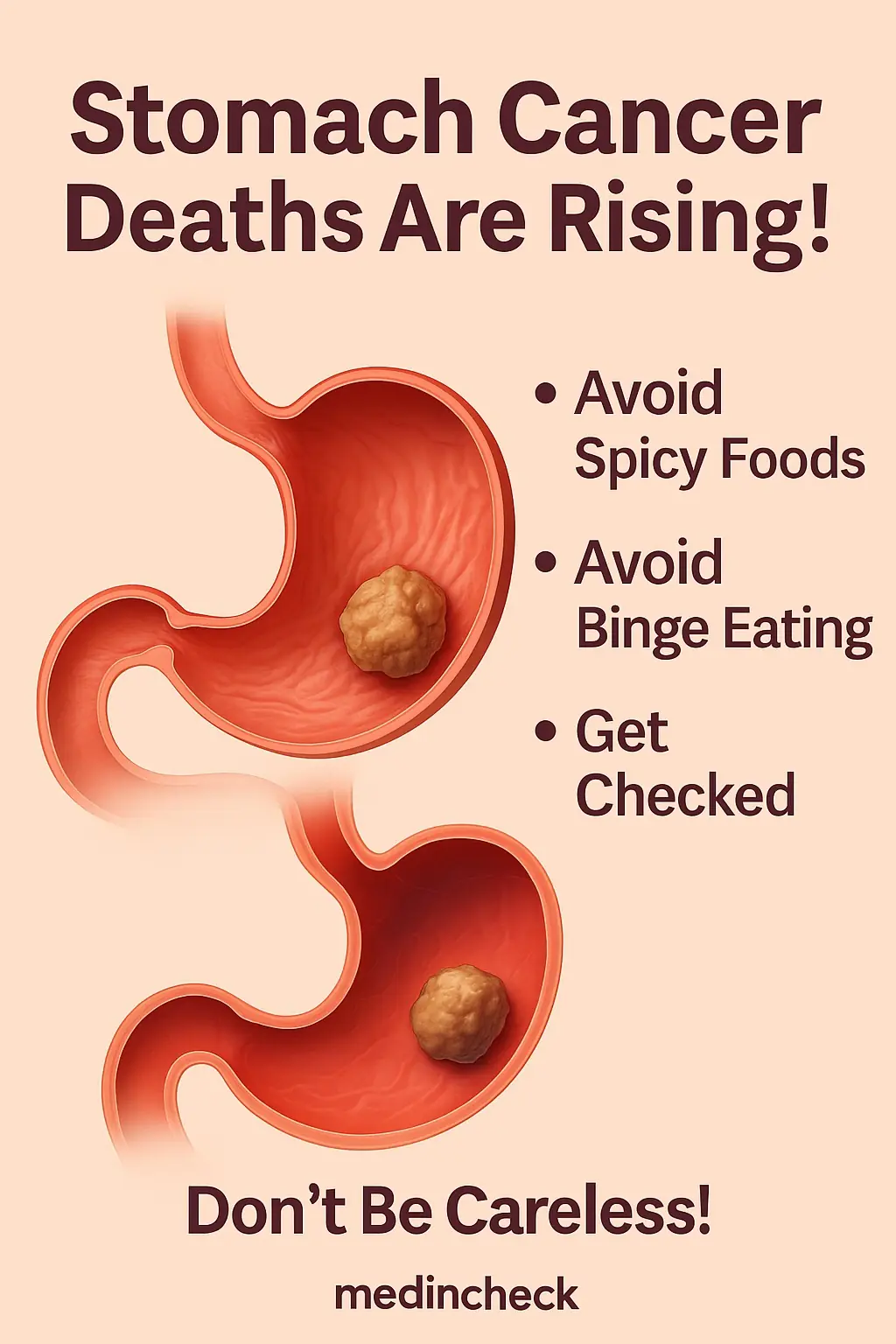
Stomach Cancer Deaths Are Rising! A Word of Advice: Avoid Spicy Foods, Avoid Binge Eating, and Get Checked — Don’t Be Careless!
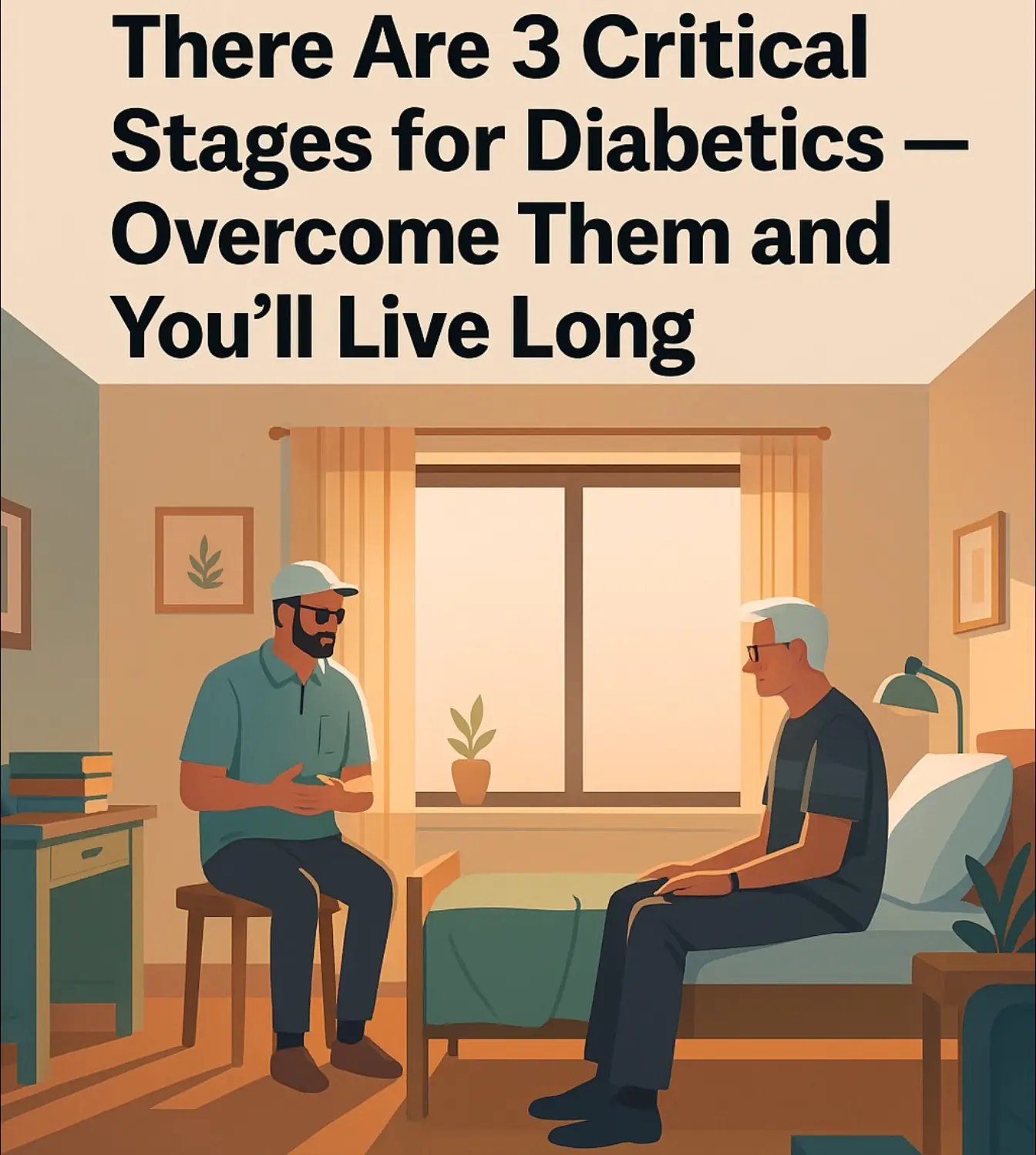
“There Are 3 Critical Stages for Diabetics—Overcome Them and You'll Live Long”: What Are These 3 Stages? Pay Attention After Age 50!
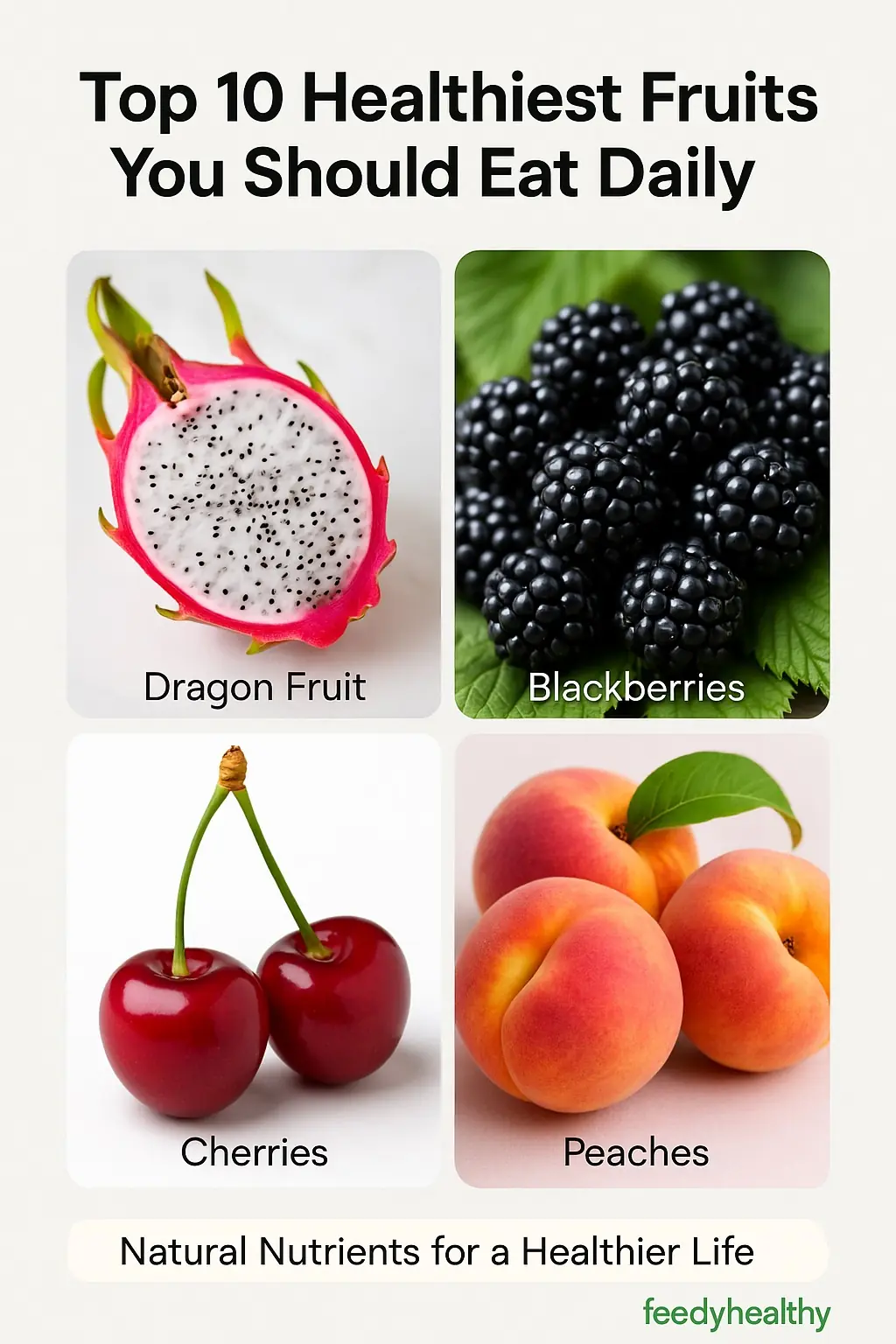
Top 10 Healthiest Fruits – Are You Choosing the Right Ones?
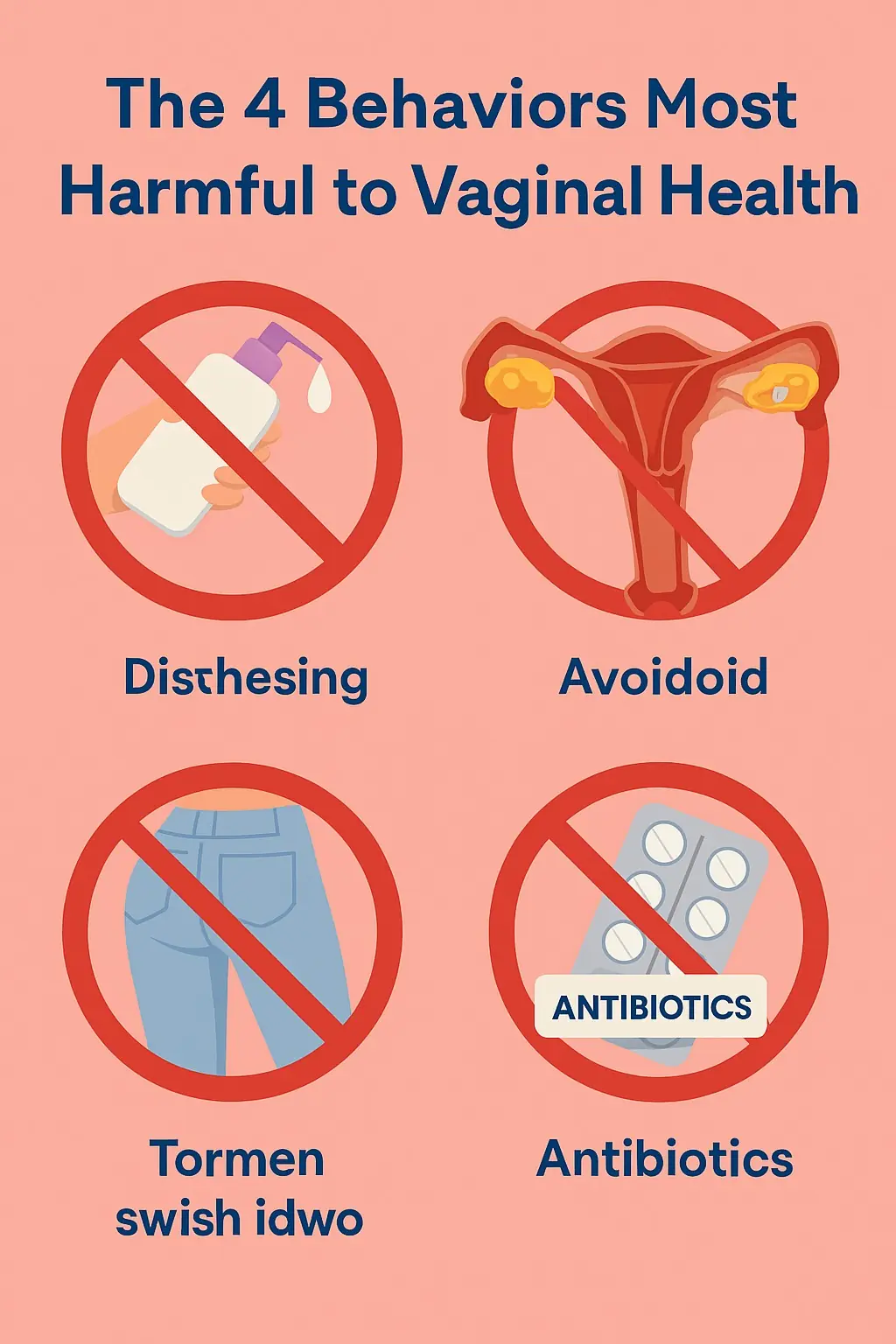
The 4 Habits That Harm Your Vagina the Most – Are You Still Doing Them Often? Stop Immediately After Reading This!
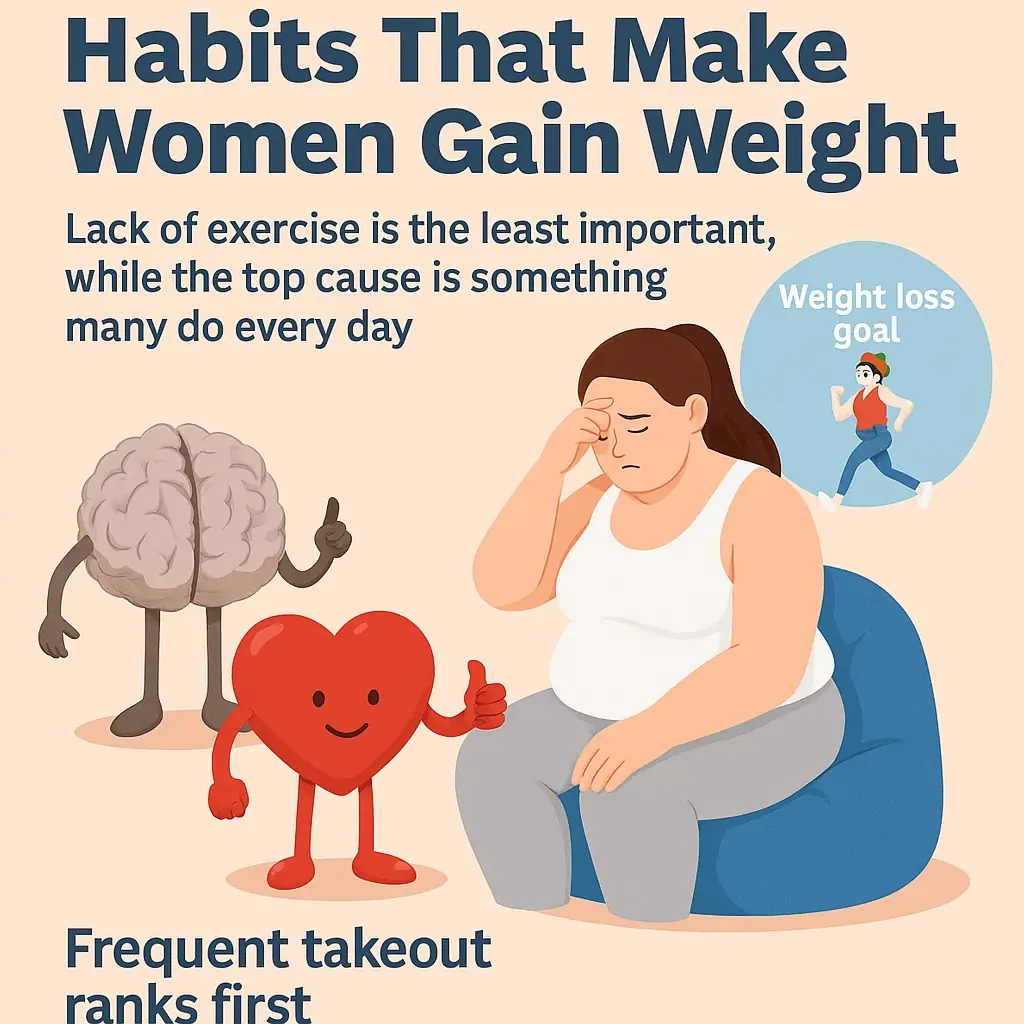
Habits That Make Women Gain Weight – Lack of Exercise Is the Least Important, While the Top Cause Is Something Many Do Every Day
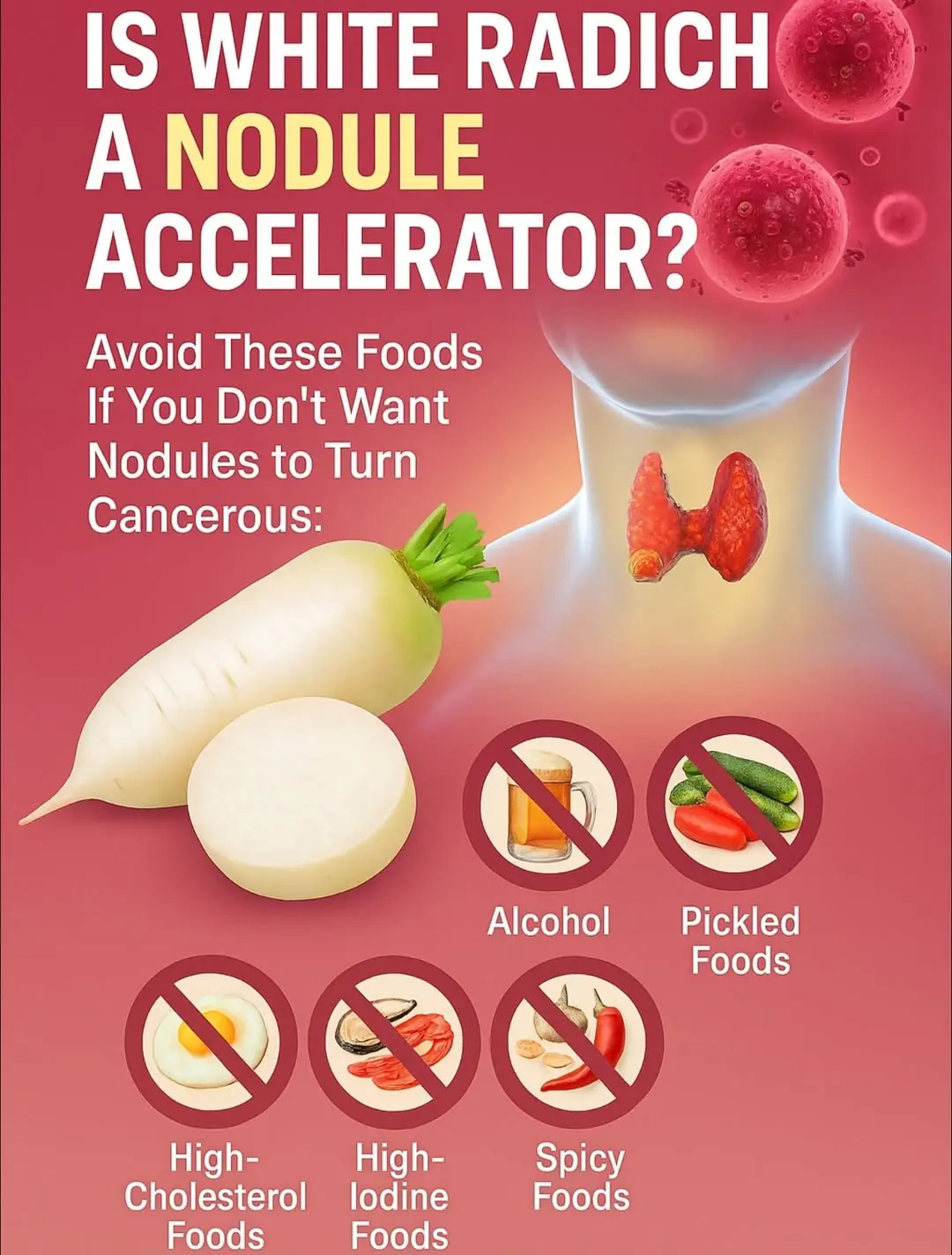
Is White Radish an “Accelerator” for Nodules? Gastroenterologist Warns: Avoid These 5 Foods If You Don’t Want Nodules to Turn Cancerous

Why Are You Passing Gas So Often? 5 Health Issues That Might Be Behind It – Don’t Ignore the Signs
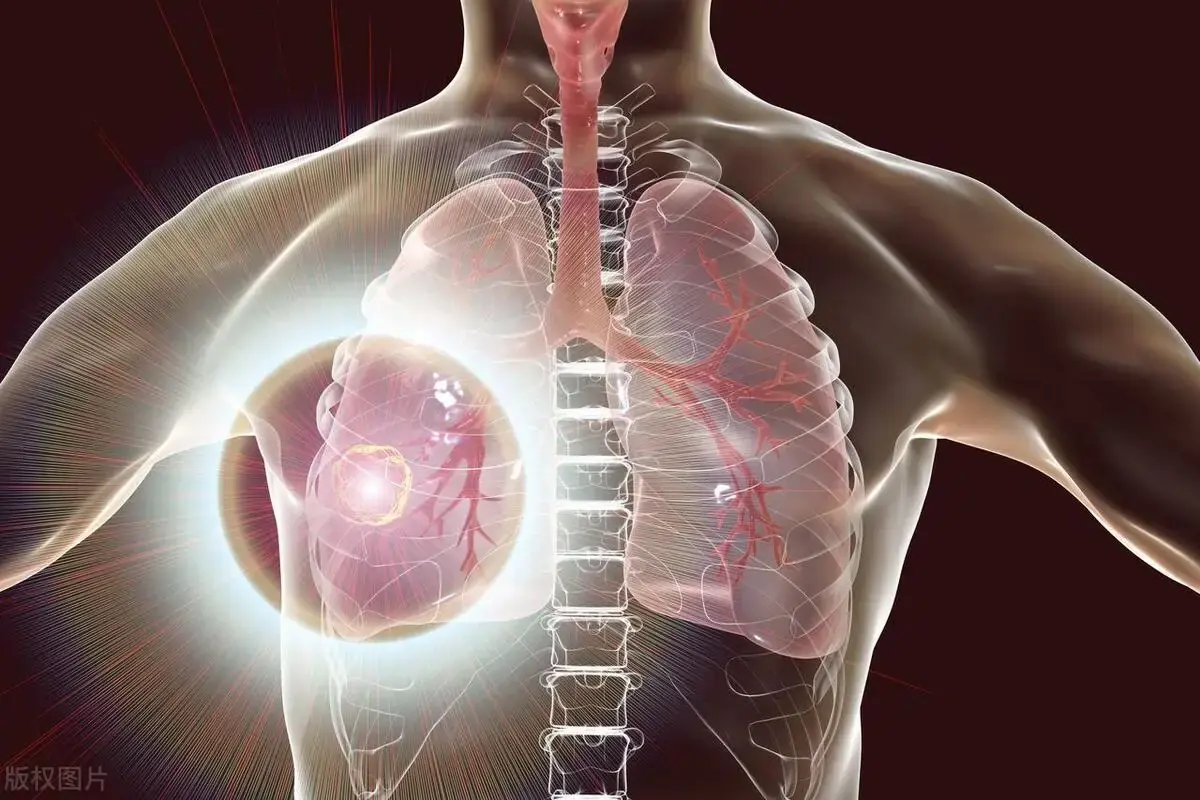
Is Lung Cancer Contagious or Hereditary? Doctors Reveal the Truth You Need to Know

Think Twice Before Dyeing Gray Hair: Eat These 4 Foods Regularly to Potentially Reduce Premature Graying

Spring Must-Haves for a Clean Bloodstream: The Natural Enemies of Blood Toxins! Keep Your Arteries Spotless and Healthy

Research Reveals: Eating Bananas Regularly Can Bring These 6 Health Benefits to Seniors

Top 5 Fruits for Health and Longevity — Banana Ranks #4, But the #1 Will Surprise You

Why Does Your Body Suddenly Jerk While Falling Asleep — Like You’re Falling? The Reason Might Surprise You

Top 10 Proven Habits to Slow Aging — Sleep Only Ranks #6! The #1 Will Surprise You

Is "Glue-Injected Meat" Becoming a Hidden Epidemic? Digestive Health Expert Warns: Avoid These 5 Types of Meat — Especially for Your Children’s Sake

If these two parts of the body are black, it means that the life span may not be long. Is it true? Listen to what the doctor says
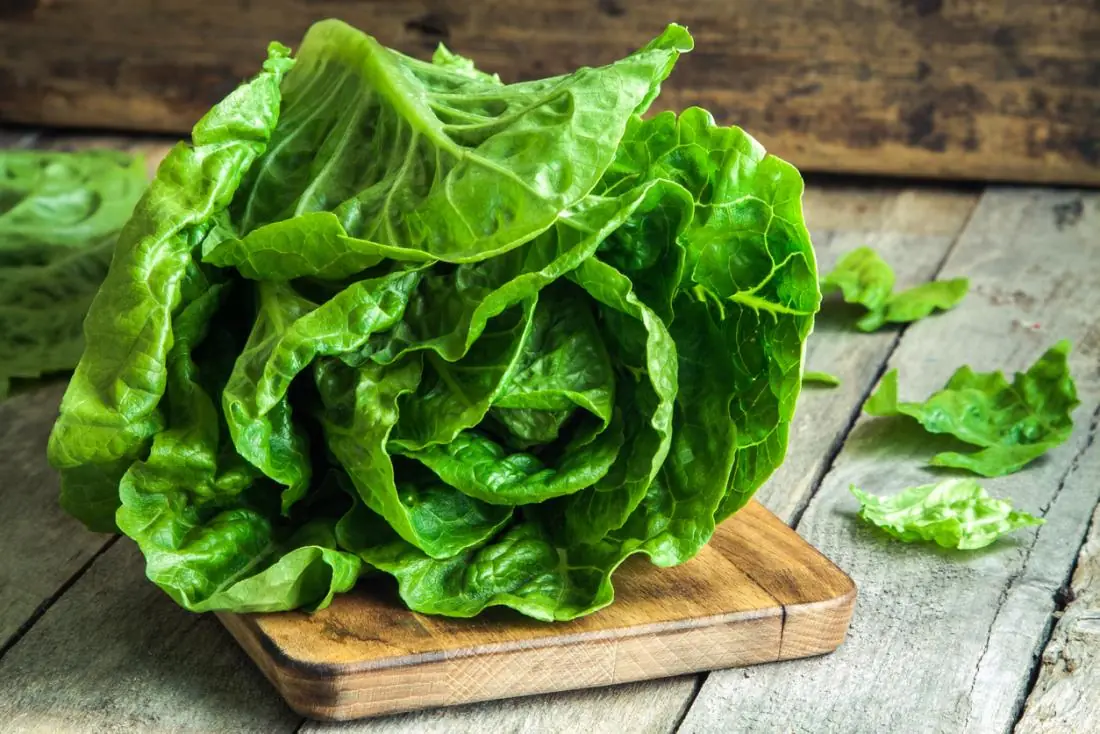
4 Superfoods for Diabetes Management—Affordable Yet Powerful
News Post

WHAT HAPPENS WHEN WE TONGUE KISS…See more

Nature’s Secret: 4 Healing Leaves That Support Metabolism, Immunity & Circulation Naturally

Don’t Drink Coconut Water Before You Know These 11 Secrets!

Pumpkin Seed Milk — The Natural Parasite Cleanser

Fast Rice Water Trick for a Brighter Smile

Morning Drink to Revive Your Kidneys Fast

The Onion Recipe That Could Transform Your Blood Sugar, Support Cleaner Arteries, and Protect Your Heart!

Top 4 Fruits That Help Your Kidneys Flush Out Toxins While You Sleep

Ginger, Clove, and Honey: The Natural Trio Your Body Will Thank You For

Heal 15 Years of Joint Pain Naturally with Turmeric and Honey Tea

This Juice Revived My Grandma’s Energy — Say Goodbye to Fatigue and Body Pain with This Natural Recipe

The Benefits of Eating 2 Boiled Eggs Every Morning: Transform Your Health!

If Your Kidneys Are in Danger, Your Body Will Send You These 8 Signals — Don’t Ignore Them

The Surprising Effects of Avocado on Your Heart and Brain

Ways to Get Over a Man Who Didn’t Value You

I’m 66 but Look 36 — My Secret? Aloe Vera & Ginger for Firm, Smooth Skin

How to Make Okra Water to Treat 17 Health Problems Naturally

Banana and Egg Mask to Look Younger Even in Your 80s

Scent Leaf Secrets Unveiled: 10 Surprising Health Benefits of This Miracle Herb
